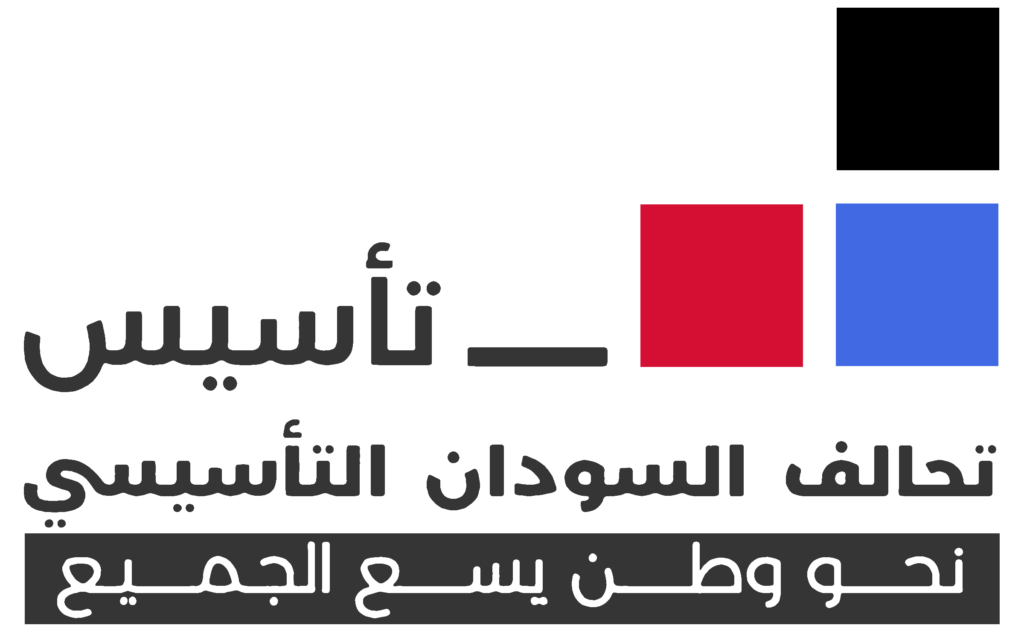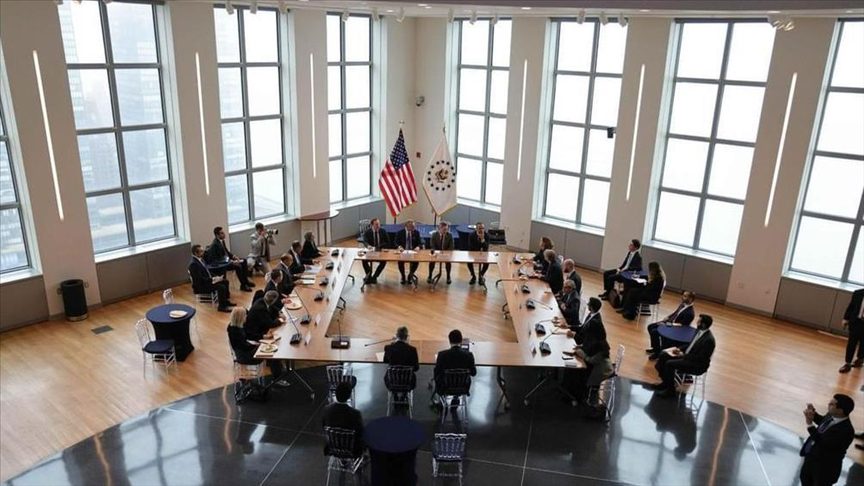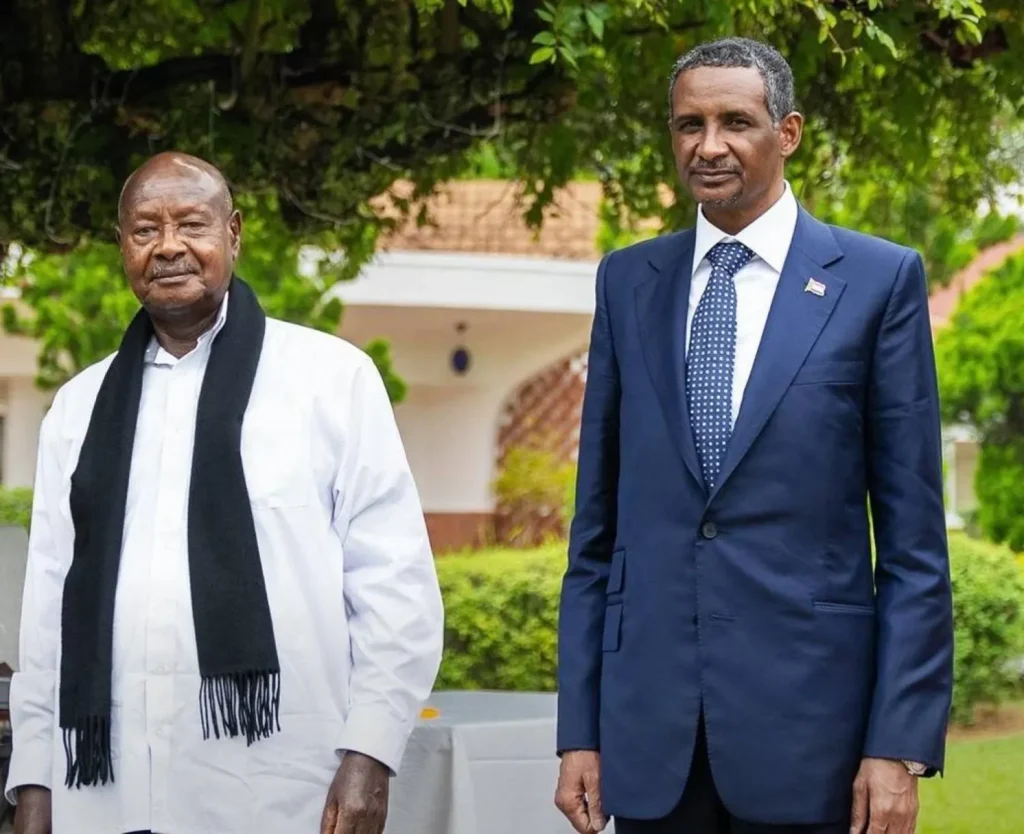
A wave of falsified and expired medicines is compounding Sudan’s war-time health emergency, with pharmacists and former regulators warning of lethal products flooding open-air markets and crossing porous borders.
Salwa, a Khartoum resident, said her mother died after taking what she believed was an anti-malaria treatment bought in Omdurman’s Sabreen market. She later found the pack had expired in 2018. “I accept fate,” she said, “but I can’t forgive myself for not checking the date.”
The National Council for Medicines and Poisons acknowledges serious enforcement gaps. Oversight secretary Mohammed Bashir told Sudan Tribune that regulators have recently seized non-compliant drugs and launched legal cases against pharmacies, citing the 2009 Medicines and Poisons Act and consumer-protection laws. He said violations have fallen in some “secure” states thanks to inspections and joint border controls with customs and standards agencies.
Front-line pharmacists dispute that picture. Bahaa al-Deen al-Haj said Sudan has long grappled with counterfeit products—known locally as “al-koko”—but the trade exploded after the 2021 coup and worsened during the current war. He cited routes from Egypt via Argeen, from India through South Sudan to Rabak, and via Kassala, adding that many items contain toxic substances or incorrect dosages that cause poisoning, treatment failure and drug resistance, including against malaria and antibiotics.
Al-Haj said debates about using “just-expired” drugs miss the point: amid profiteering and absent oversight, fully falsified products now circulate alongside expired stock, with only a small share of genuine medicines available. He attributed soaring prices to shattered supply chains and the collapse of domestic producers and distributors—problems he said have plagued the sector for 15 years.
Ammar Mohammed, a former council employee, said UN reports had warned for years about falsified medicines in parts of Africa, including Sudan. Pre-war enforcement struggled; today’s fighting has pushed the system to breaking point. “The losses are no longer only human,” he said. “They’re economic as well, as the health system buckles and patients die for lack of treatment—or from taking deadly drugs.”




